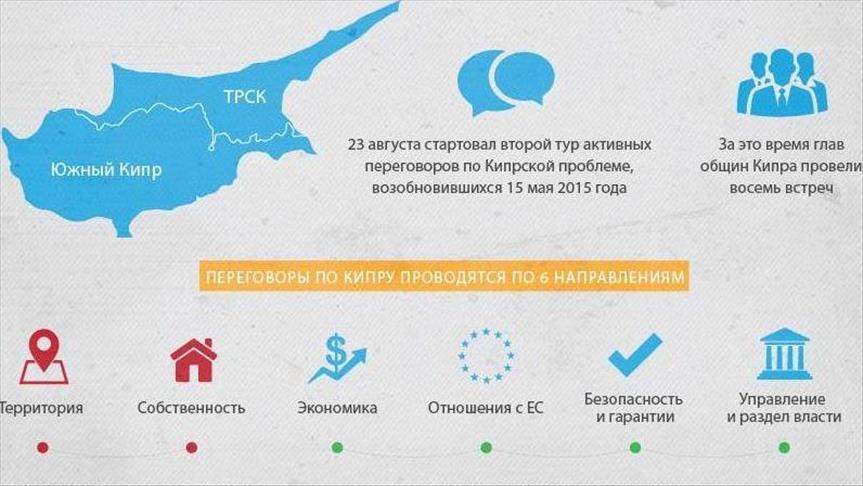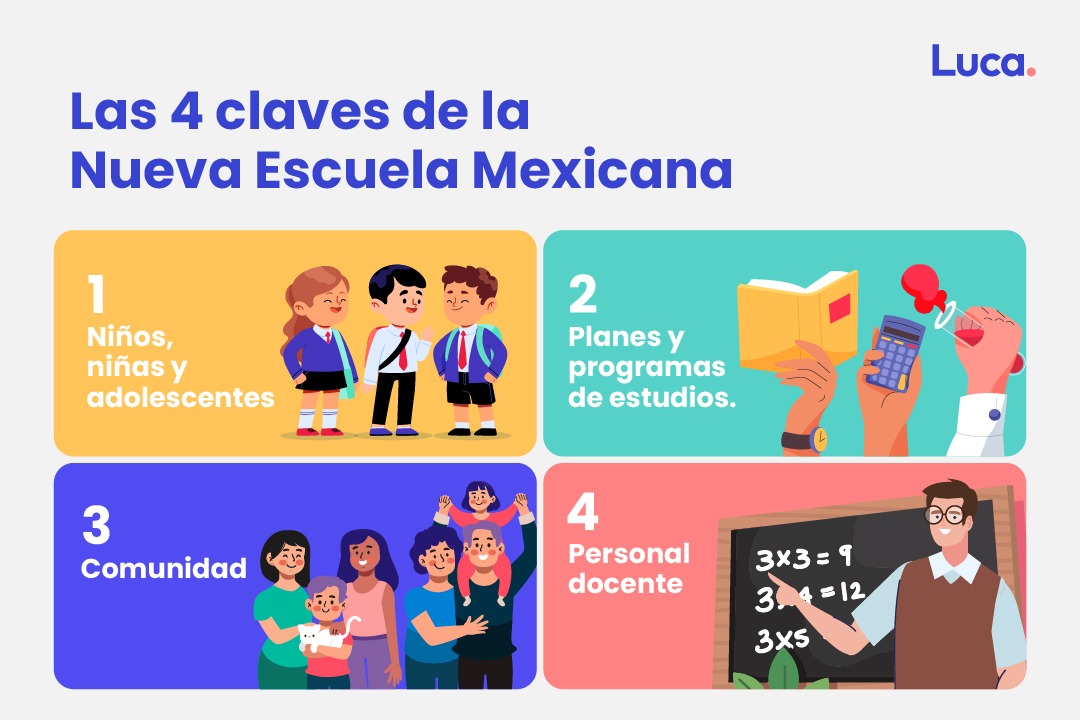Libraries Face Cuts After Trump Order Impacts Funding

Table of Contents
The Impact of Funding Cuts on Library Services
The immediate and most visible impact of these budget cuts is a significant reduction in the quality and availability of library services. This manifests in several critical ways:
Reduced Hours and Staffing
Many libraries are forced to drastically reduce their operating hours, making them significantly less accessible to patrons. This is particularly problematic for individuals who work during the day or rely on the library during evenings and weekends. Fewer staff members mean longer wait times for assistance, reduced programming capacity, and less individualized support for patrons needing help with research, technology, or other library services.
- Examples: The Springfield Public Library reduced its hours by 20%, impacting after-school programs and access for working families. The Miller County Library closed its doors on Wednesdays, causing significant inconvenience to its community.
- Impact on After-School Programs: Reduced staff means fewer after-school programs for children, impacting homework help, literacy initiatives, and safe, supervised environments.
- Impact on Elderly Patrons: Limited hours and reduced staffing disproportionately affect elderly patrons who rely on libraries for social interaction, computer access, and assistance with accessing vital resources.
Program Cuts and Elimination
The funding crisis has led to the cancellation or significant scaling back of vital library programs. Literacy initiatives for children and adults, job training workshops, and engaging children's story times are facing the axe. Community outreach programs, often targeting vulnerable populations, are also being drastically reduced or eliminated entirely.
- Specific Programs Affected: Many libraries have cut back or eliminated ESL classes, adult literacy programs, and summer reading programs. Computer literacy classes and job search workshops are also under threat.
- Impact on Community Engagement: The reduction or elimination of these programs weakens community engagement and social cohesion, leaving many individuals without crucial support networks and resources.
- Statistics: One study shows a 40% decrease in library program attendance since the funding cuts were implemented.
Diminished Collection Resources
Libraries are struggling to maintain their collections. The inability to purchase new books, journals, and other materials results in outdated and inadequate resources for patrons. Access to digital resources, including online databases and e-books, is also being significantly reduced, limiting online learning opportunities and research capabilities.
- Examples of Reduced Resources: Many libraries are delaying or canceling subscriptions to essential databases, impacting access to scholarly articles, educational resources, and other vital information.
- Impact on Academic Research: Students and researchers face significant challenges due to limited access to academic journals and databases.
- Impact on Children's Literacy: A reduced selection of children's books directly impacts literacy development and the joy of reading.
The Broader Societal Implications of Library Funding Cuts
The impact of libraries face cuts extends far beyond the walls of the library itself, having significant and far-reaching societal implications.
Impact on Digital Equity
Libraries provide crucial internet access and digital literacy training for low-income communities. The funding cuts threaten this essential service, exacerbating the existing digital divide. Reduced access to online learning resources further disadvantages marginalized groups, impacting their educational attainment and economic prospects.
- Statistics on Digital Divide: Studies show a significant correlation between library access and internet usage, particularly in low-income communities. Cuts to library services worsen digital disparities.
- Examples of Communities Disproportionately Affected: Rural and low-income communities are disproportionately affected by reduced library services and internet access.
- Long-term Consequences: Reduced digital access limits opportunities for education, employment, and participation in the modern economy.
Community Impact
Libraries serve as vital community hubs, offering safe spaces for study, recreation, and community gatherings. Cuts to library funding threaten these vital functions, impacting social cohesion and support networks. Reduced access to resources hurts vulnerable populations, including the elderly, unemployed, and children.
- Examples of Community Programs Affected: Community meetings, book clubs, and senior citizen programs are all impacted by reduced library funding.
- Impact on Social Cohesion: Libraries play a crucial role in fostering a sense of community and belonging. Funding cuts weaken this vital social fabric.
- Long-term Consequences: Reduced access to community resources can lead to social isolation and a decline in overall community well-being.
Economic Consequences
Libraries boost local economies by providing free resources and attracting visitors. Funding cuts negatively impact local businesses that rely on the library's patronage and the economic activity it generates. The resulting job losses due to library staff layoffs further contribute to economic downturn.
- Economic Impact Studies: Studies show that libraries generate significant economic activity within their communities. Cuts to library funding have a negative ripple effect on local businesses.
- Job Loss Statistics: The reduction in library staffing translates into job losses and a decrease in local employment opportunities.
- Indirect Economic Consequences: Decreased access to information and resources negatively impacts economic productivity and entrepreneurial activity.
Conclusion
The impact of the Trump administration's executive order on library funding is catastrophic and deeply concerning. Libraries, fundamental community resources, face severe cuts impacting services, programs, and access to essential information. These cuts represent a serious threat to digital equity, community well-being, and local economies. The consequences are not merely about reduced book collections; they represent a severe blow to social progress and opportunity. The crisis of libraries face cuts demands immediate attention and action.
Call to Action: We must advocate for increased funding for our libraries. Contact your local representatives and demand action to prevent further cuts and ensure the continued viability of these crucial community institutions. Let’s fight to protect our libraries and the essential services they provide. Learn more about how to support your local library and prevent further libraries facing cuts.

Featured Posts
-
 Gensek Oon Neformalnaya Vstrecha Po Kipru V Zheneve
May 19, 2025
Gensek Oon Neformalnaya Vstrecha Po Kipru V Zheneve
May 19, 2025 -
 Anadolu Ajansi Gazze Deki Kanalizasyon Krizinin Boyutlari
May 19, 2025
Anadolu Ajansi Gazze Deki Kanalizasyon Krizinin Boyutlari
May 19, 2025 -
 Achieving Chateau Style Diy Decor And Renovation Ideas
May 19, 2025
Achieving Chateau Style Diy Decor And Renovation Ideas
May 19, 2025 -
 Assessing The Economic Contribution Of Major Rave Festivals
May 19, 2025
Assessing The Economic Contribution Of Major Rave Festivals
May 19, 2025 -
 Guia De Los Aspirantes A Diputados De Nueva Corriente Quienes Son Y Que Proponen
May 19, 2025
Guia De Los Aspirantes A Diputados De Nueva Corriente Quienes Son Y Que Proponen
May 19, 2025
